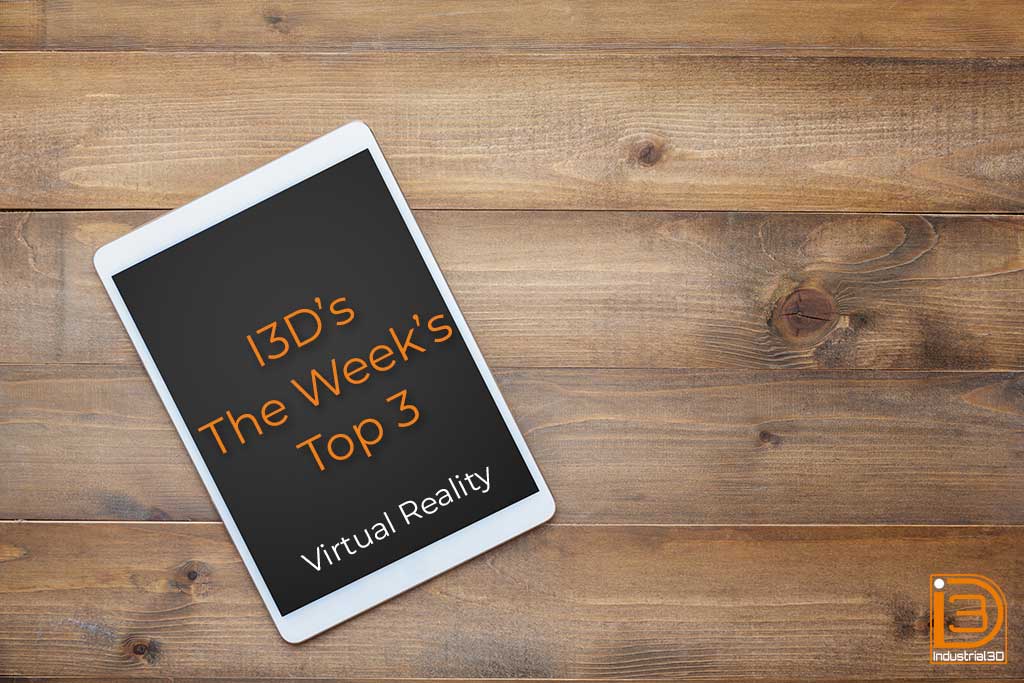In a new blog feature, we will share our top 3 choices from the week on various subject matters. Today, we’re featuring three interesting virtual reality articles. Let’s take a look.
1.Virtual reality offers alternative to sedation during surgery, recent study finds
A new study found that experiencing virtual reality during surgery could reduce the amount of sedative that a patient receives.
A piece to note from the article states,
“In the small trial, 17 patients wore a virtual reality headset during their hand surgery, while another 17 patients didn’t experience virtual reality. Patients had the option to listen to a guided meditation, watch a video or immerse themselves in a peaceful meadow or forest through a VR headset. After surgery, researchers found that 13 of the 17 patients in VR didn’t receive any sedatives at all during surgery, while every patient who didn’t experience VR were given sedatives. The VR patients received, on average, roughly 83% less propofol (a type of sedative) than those without VR. After surgery, the VR patients reported being much more aware during the operation than those who were sedated, but their pain and anxiety levels remained the same. “
2. What it’s like playing the PGA Tour’s new virtual reality golf game
The PGA Tour announced Thursday that it has paired with GOLF+ to create a Tour-sanctioned virtual reality golf game.
A quote from the article reads,
“Inside the app, it’s easy to understand the hype. Golfers can simulate the experience of playing actual golf, completing rounds from tee to green in a matter of minutes, minus the walking. To hit a driver, iron or chip shot, users grip the golf club attachment and make a swinging motion as they typically would. While the weighting is different (the controller is considerably lighter than an average club), the ball responds as it does in real golf (my ugly push-slice bears no difference between VR and real life). “
3. When using virtual reality as a teaching tool, context and ‘feeling real’ matter
A new study by UCLA psychologists reveals that when VR is used to teach language, context and realism matter.
The conclusion of the article states,
“To understand the brain mechanisms that support context-dependent learning, the researchers recruited a separate group of participants and scanned their brains with functional magnetic resonance imaging, or fMRI. As the subjects attempted to recall foreign words while in the scanner, their brain activity indicated that they were thinking about the context in which they had learned each word.
That finding suggests that virtual reality can enhance learning if it is convincingly produced and if different languages or scholastic subjects are taught in highly distinctive environments.”
Watch Industrial3D’s social media to stay up to date on weekly VR, 3D Animation and related topics.







